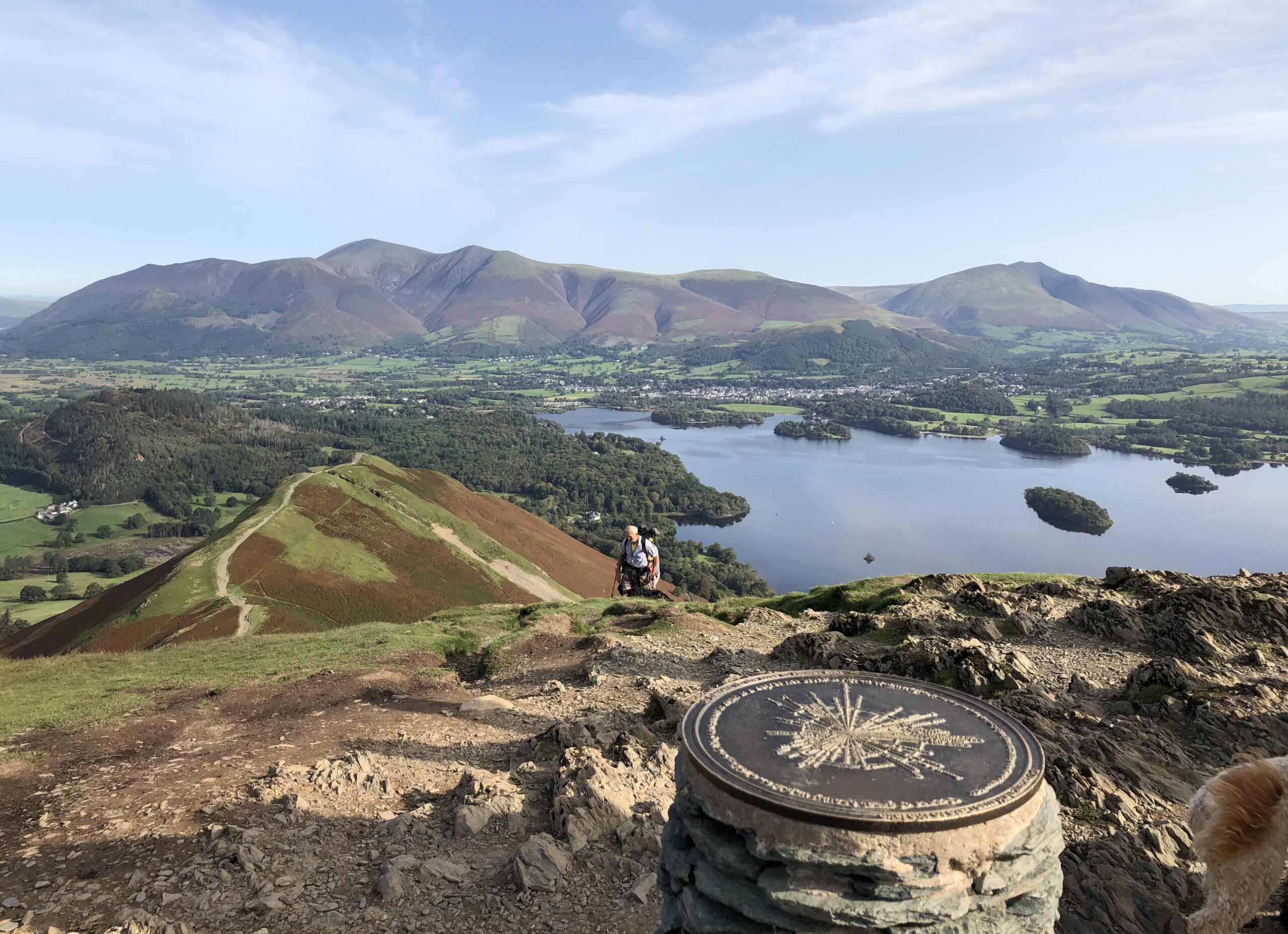Poetry by Cumbrian poets. Wordsworth is in a separate category
-
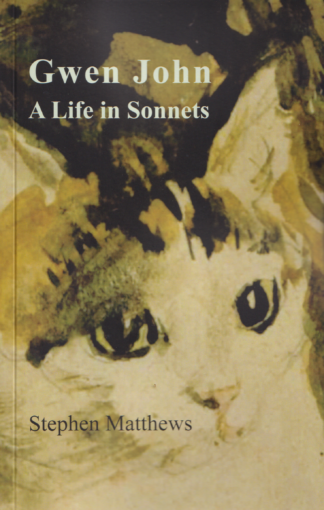
Gwen John
A Life In Sonnets
£10.00 -
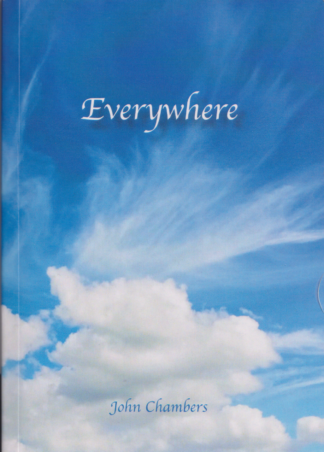
Everywhere
£5.00 -
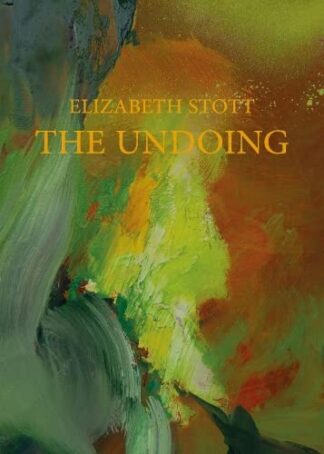
The Undoing
£8.00 -
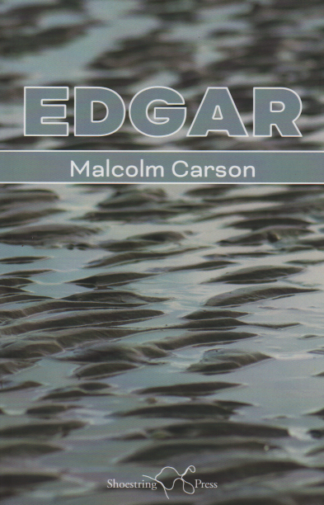
Edgar
£7.50 -
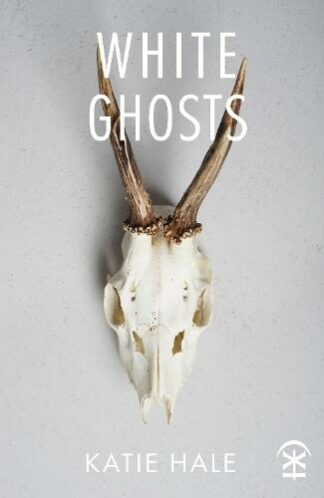
White Ghosts
£10.99 -
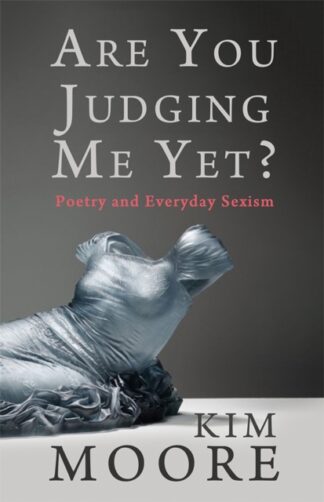
Are You Judging Me Yet?
Poetry And Everyday Sexism
£9.99 -
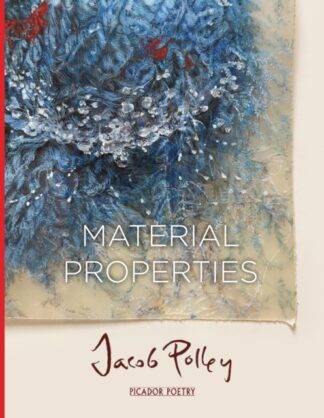
Material Properties
£10.99 -
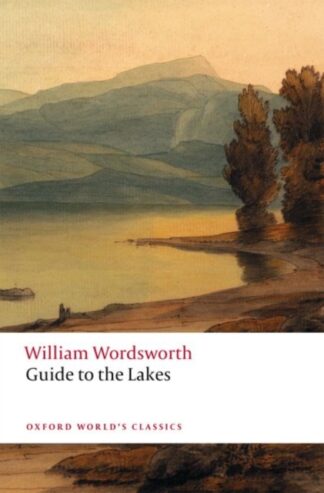
Guide to the Lakes
£9.99 -
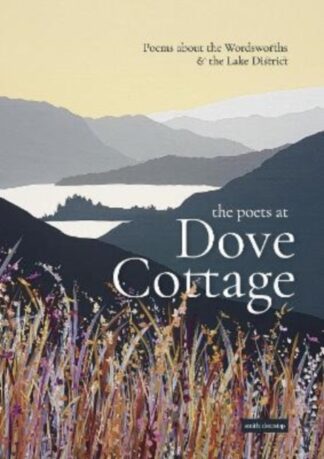
The Poets at Dove Cottage
Poems about the Wordsworths & the Lake District
£8.99 -
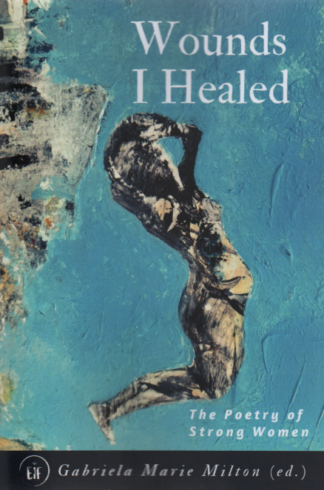
Wounds I Healed
The Poetry of Strong Women
£12.80 -
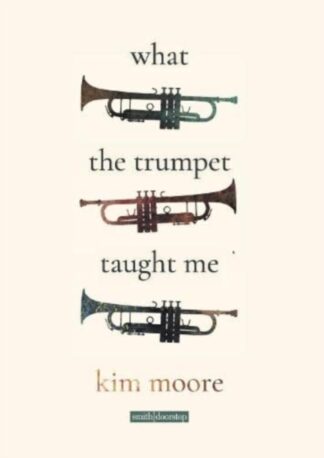
What the Trumpet Taught Me
£10.99 -
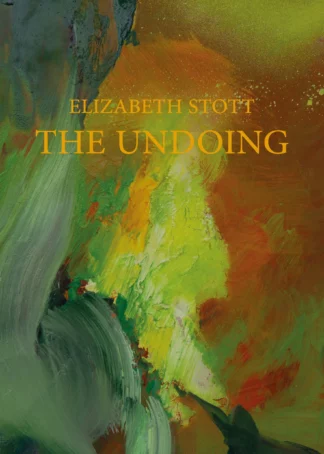
The Undoing
£8.00 -

The Undoing
£8.00 -

163 Days
£9.99 -
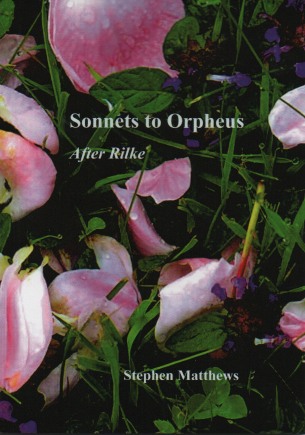
Sonnets To Orpheus
After Rilke
£5.00 -
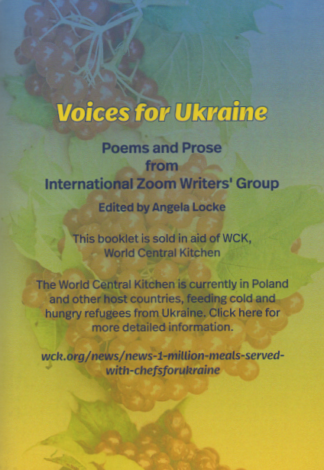
Voices for Ukraine
Poems and Prose from International Zoom Writers' Group
£5.00 -
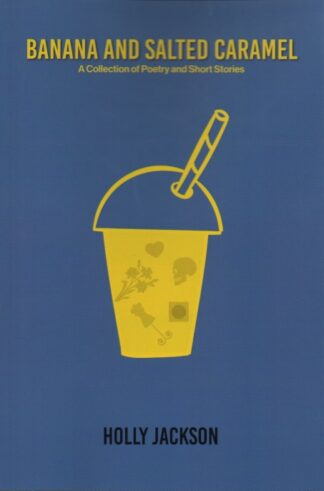
Banana and Salted Caramel
A Collection of Poetry and Short Stories
£7.99 -
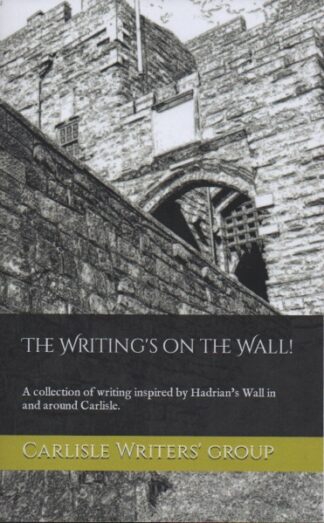
The Writing’s on the Wall!
£5.00 -

Visible Music
£8.00 -
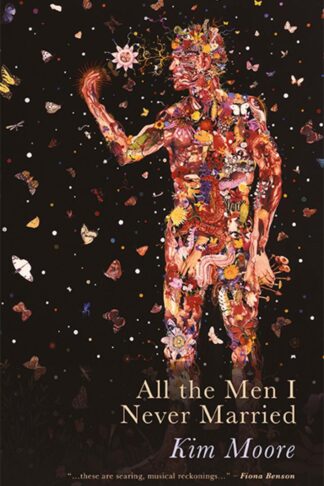
All The Men I Never Married
£9.99
Showing 1–20 of 102 results
